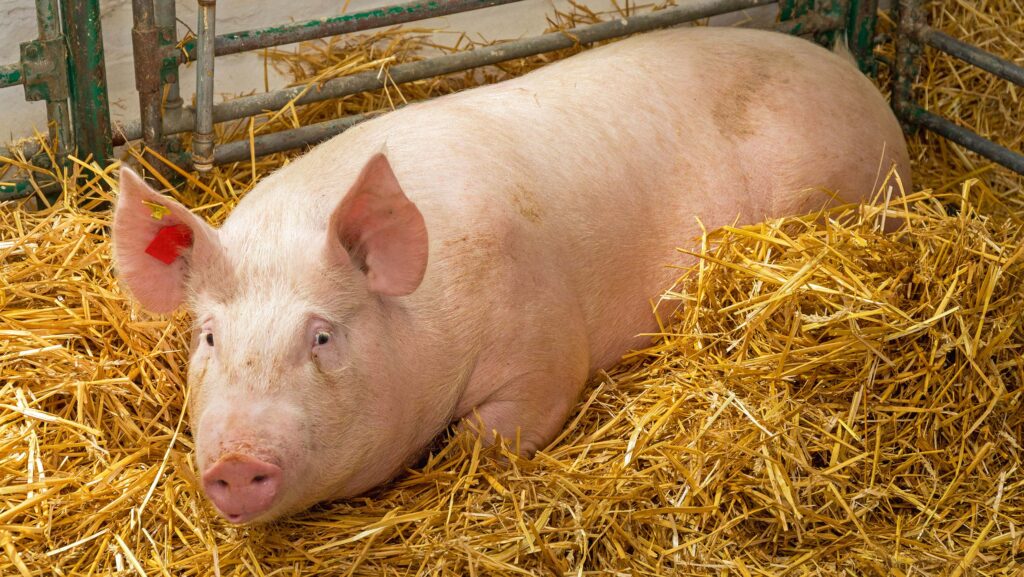Legislation due ‘imminently’ on fairer pig contracts
 © Adobe Stock
© Adobe Stock Fair Dealing Obligations (Pigs) Regulations, setting out fairer terms for pig contracts, are expected to be finalised “very shortly”, Defra has indicated, following recent parliamentary approval.
It is understood that Defra secretary Steve Reed will be signing off the statutory instrument (SI) in the coming weeks, and it will apply across the UK.
The regulations will come into effect three months after the SI is introduced for all new contracts, and 12 months after ratification for existing agreements.
See also: Confidence builds for UK pig sector as global demand grows
The legislation follows an industry consultation in 2022 on fairness in the pork supply chain, prompted by backlogs of pigs on farm, rising costs, and labour shortages in the supply chain.
A motion was agreed on the regulations in the House of Lords on 12 May, following a debate.
Defra parliamentary under-secretary of state Baroness Hayman said in the debate that the regulations would enable the government to address power imbalances within agricultural markets.
Baroness Hayman said: “These fair-dealing powers allow for regulations that impose obligations in relation to the contracts of those businesses, usually larger businesses, that purchase from smaller producers.”
She added that the regulations respond directly to producer concerns, protect practices that work well, and promote more balanced and transparent contractual arrangements.
Legally binding
The legislation will introduce new legally binding standards and obligations on businesses that sign contracts to purchase pigs from farmers, as well as those who buy pigs and sell them on.
John Powell, head of agricultural sectors at Defra, stated that the regulations would include a provision allowing farmers to opt out if they choose to sell pigs on the spot market.
He added: “The regulations leave it open to the buyer and seller to negotiate supply volumes and any applicable remedies in the event of undersupply.
“However, the requirement to make these clear at the outset of the contract and the provision that, as with any variations of the contract, changes to the terms must be mutually agreed in writing, to ensure transparency and certainty for producers.”
Transparent, fixed and variable pricing metrics are all covered by the legislation, and provisions are included to allow producers to request a written explanation about how their variable price has been decided through a pricing formula.
Mr Powell believed the legislation would bring more certainty and stability to the pig industry.
He added that if anything was to go wrong between producers and processors, the agricultural supply chain adjudicator, Richard Thompson, would have the power to look into issues.
Industry reaction
The National Pig Association (NPA) has welcomed the upcoming SI and the powers that it provides for producers.
NPA chairman Rob Mutimer said there was a great deal of flexibility and it shouldn’t affect how the market works.
He added there were things in the SI that producers would be able to negotiate with their processor.
“I’m very pleased that it is a moveable feast, it’s not just something we write today and forget about,” he sadi.
“Defra have actually said they will keep looking at this as it goes on.”
Andy McGowan, co-general manager of the United Pig Co-operative, applauded the inclusion of an appeal mechanism in the legislation, which should provide someone for producers to go to who can act as an independent arbitrator.
Glen Nimmo, AHDB pork sector council chairman, said the legislation was actually relatively common sense, easy to understand, and fairly easy to implement.
However, he warned that legislation always has unintended consequences and behaviours change, so he felt the role of an adjudicator would be important.
